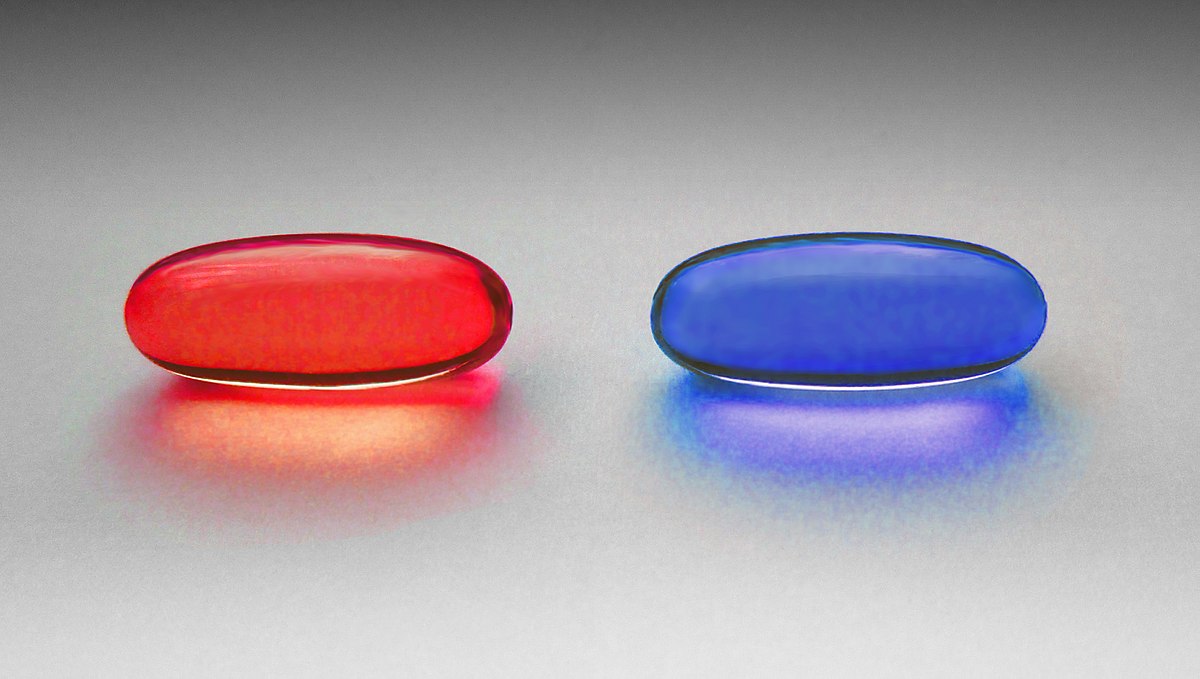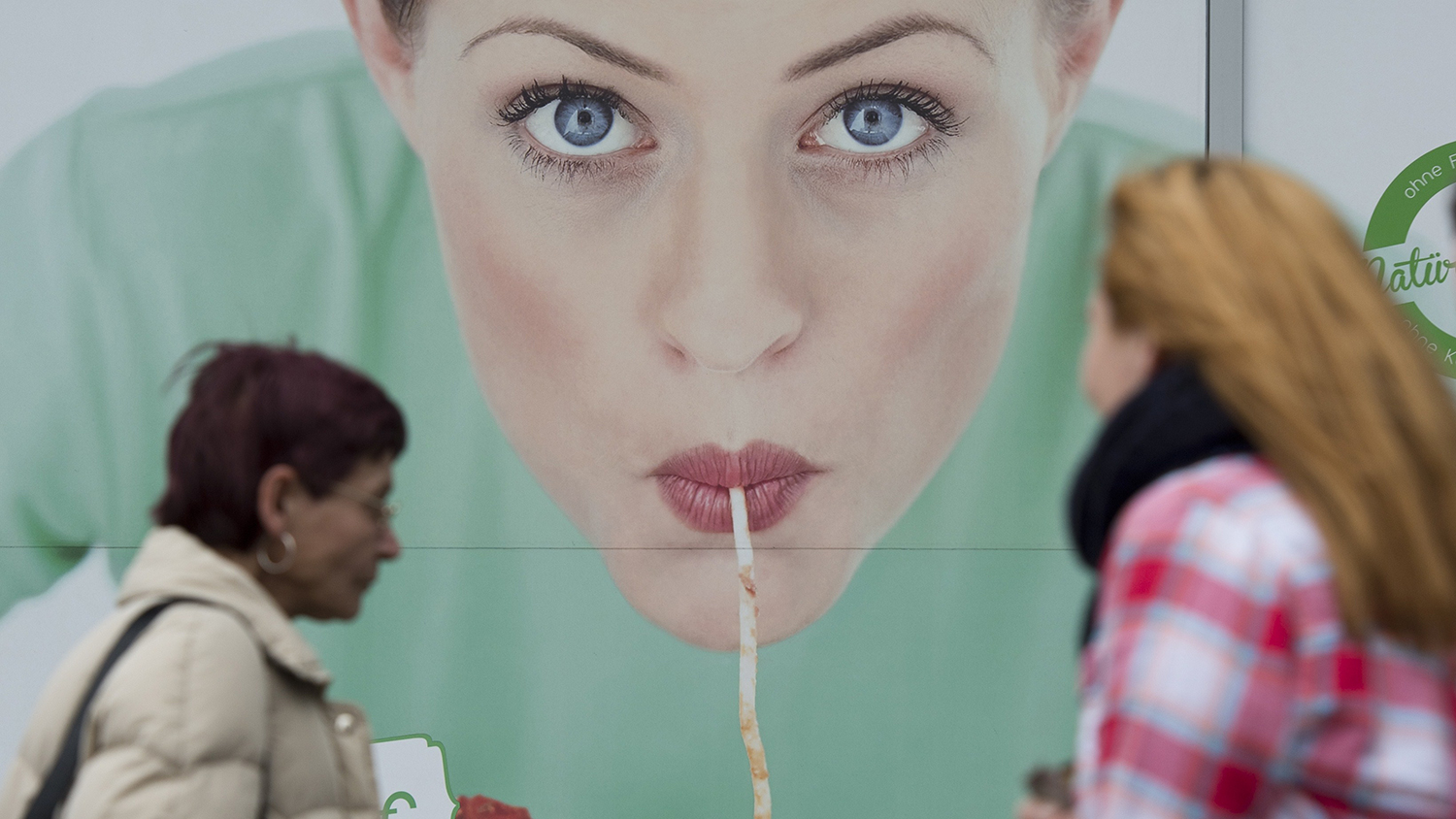Derek Beres
Derek Beres is a freelance writer. Based in Portland, Oregon, he has served in senior editorial positions at a number of tech companies and has years of experience in health, science, and music writing. He is the co-host of the Conspirituality podcast and co-author of Conspirituality: How New Age Conspiracies Became a Health Threat.

Is life worse or better than non-existence? And if it is, who is judging? Welcome to anti-natalism, a small but lively corner of philosophy.
Archaeological evidence in the Republic of Georgia pushes back wine’s earliest appearance nearly a millennia.
A new study of lemurs has determined social circles to be the most influential determinant of gut microbiome. What does this mean for humans?
An American research team wanted to know which combination of diet and exercise has the most beneficial results on metabolic syndrome in 10 weeks.
When a ‘Rick and Morty’ fan recently tweeted at Dan Harmon asking how to deal with depression, it didn’t take him long to reply.
A new study of Minnesota-based marathon runners calls into question how heart-healthy endurance running is.
The Brazilian government has been trying to answer this very question in its ever-growing prison population, which has doubled since the year 2000.
Psychology professor Frank T. McAndrew writes that the type of ghost you see depends on the religion you have faith in.
Recent research in psilocybin, LSD, and MDMA, which all affect our serotonin receptors, suggest these substances can help make us content.
Lab-grown, cultured meats, dairy, and leather will be hitting shelves soon. Paul Shapiro reports on the coming trend in his new book, Clean Meat.
Mindfulness meditation works wonders for people with internalizing disorders, such as anxiety and depression. But what about people with externalizing disorders?
Could vegetarianism actually lead to a lower quality of life?
One type of dog in particular is linked with the lowest rates of cardiovascular disease in their human pals.
It’s not only a lack of sleep that’s hurting us. A lack of dreaming might point to health problems.
Duke University researchers found that stimulating brain regions dealing with abstract reasoning and cognitive flexibility alleviate anxiety and depression.
Twenty-eight seasons ago, Apu Nahasapeemapetilon was introduced as the owner of Kwik E-Mart in The Simpsons. He quickly became one of the show’s main punching bags.
From illegal stimulants to formaldehyde, toxins are freely sold in supermarkets everywhere. Where is the FDA?
Boredom has benefits. New research finds that device-free solitude deactivates high arousal emotions while reducing stress and promoting relaxation.
In a new meta-analysis of ten studies, probiotics are proving useful in decreasing symptoms of anxiety.
In this new study, mindfulness-based intervention in schools did not move the needle on teen anxiety, depression, or body image problems.
We know that body language reveals a lot. But language is an even bigger tell if you know what to look for.
Music is our oldest and most cherished ritual. How we treat it is reflective of who we are.
In The Hacking of the American Mind, Robert Lustig holds up a much needed mirror to our consumption habits.
A supervised learning algorithm can predict clinical depression much earlier and more accurately than trained health professionals.
Lazy but want to stay in shape? You may soon be able to have it both ways, thanks to a new pill in testing from GlaxoSmithKline.
A new study illustrates how marketing affects our memory of what we eat, and how that translates to a bigger waistline.
Two meditation pioneers, Daniel Goleman and Richard J. Davidson, answer that question in their new book, Altered Traits.
Forty percent of Americans sleep less than seven hours per night, and that’s a problem.
Researchers at the University of Adelaide found high success rates for lucid dreaming.
The world’s human population is skyrocketing, creating more competition and suffering. Yet few thinkers address a solution. Is there one?





























